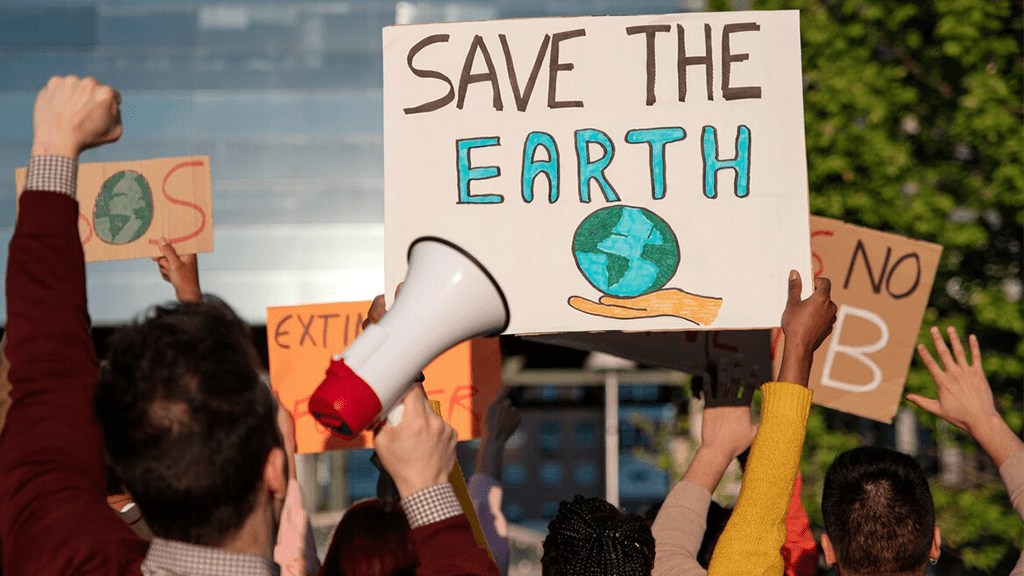New Study Reveals How Humans Impact Climate Change

July 04, 2023: Researchers from the University of California, Riverside, have made a significant breakthrough in understanding how human activities influence climate change. The team focused on anthropogenic aerosols (tiny particles in the air) and greenhouse gases (GHGs) in shaping heat distribution in the world’s oceans.
Using advanced climate models, scientists could isolate and quantify the effects of aerosols and GHGs. They discovered that changes in ocean circulation caused by anthropogenic aerosols have a more substantial impact on heat distribution than those caused by increasing GHG levels worldwide.
The findings have important implications for climate mitigation strategies and regional sea level changes. By understanding the individual influences of aerosols and GHGs on oceanic heat redistribution, scientists can develop more effective approaches to address climate change challenges.
Anthropogenic GHGs, such as carbon dioxide, have been steadily increasing since the industrial era (around 1850), while anthropogenic aerosols experienced a rise until the 1980s, followed by a decline due to air quality regulations implemented in certain regions.
To conduct their study, the researchers used different climate model simulations covering the historical period:
- HIST-AER: This simulation focused solely on human-induced aerosol changes.
- HIST-GHG: This simulation focused solely on human-induced greenhouse gas changes.
- HIST: This simulation considered all forcings, including aerosol and greenhouse gas changes, land use, and volcanic eruptions.
piControl: This simulation represented preindustrial time levels, where all forcings remained constant.
The results showed that interbasin heat exchange, the heat transfer between ocean basins, is crucial in modifying the stored heat, particularly in the Atlantic and Indo-Pacific Oceans, under aerosol forcings. In contrast, under greenhouse gas forcings, interbasin heat exchange becomes less critical, with ocean heat uptake changes dominating the redistribution of heat. This difference is likely due to the distribution patterns of aerosols and GHGs, which are more concentrated in the Northern Hemisphere due to human activities and industries.
Understanding the impact of these changes is crucial, especially regarding regional climate change and sea-level rise. The researchers highlighted that rapid sea-level rise poses a significant threat, with non-uniform distribution globally. This non-uniformity can have significant implications for coastal communities, infrastructure, and natural resources, necessitating careful consideration and planning for the future.
Shouwei Li, a graduate student involved in the study, noted that aerosol-driven changes in ocean circulation substantially affect oceanic heat distribution more than changes driven by increasing GHGs. This difference can be attributed to the global distribution of GHGs compared to the concentrated distribution of aerosols, predominantly in the Northern Hemisphere, due to human activities.
The researchers validated their model results by comparing them with observational data, and the agreement between the two confirmed the accuracy of their simulations.
This groundbreaking study deepens our understanding of the complex dynamics between human-induced aerosols, greenhouse gases, and ocean heat distribution. It underscores the importance of considering these factors in climate change mitigation strategies and regional planning to effectively address the challenges posed by global warming and sea-level rise.


















































